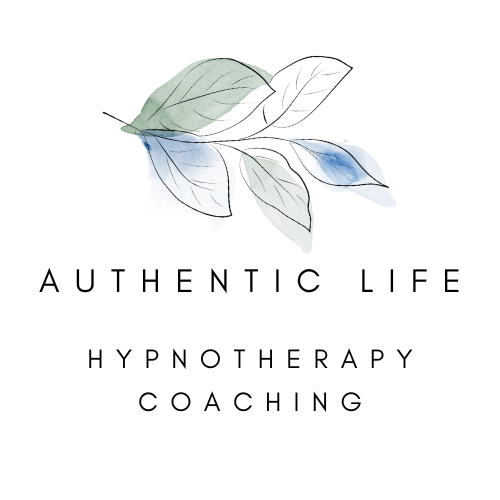Attention Deficit
Have you been diagnosed with Attention Deficit (Hyperactivity) Disorder? The symptoms can include hyper-sensitivity, inconsistent distractibility, impulsiveness, hyperactivity and lethargy, low motivation, restlessness, frequent memory lapses and rapid, unpredictable emotional swings.
The good news is that ADD is not a disease; it reflects mental adjustments connected to a person’s emotional experiences. There is no ADD gene: doctors diagnose based on a patient’s reflections of their symptoms. Healing is a developmental process of becoming whole, often requiring an acceptance of the self that was lost in infancy.
What if ADD was a natural, sensible response to an environment where an infant had neither choice nor escape route? What if it had been reinforced, year after year, until it ran on autopilot?
Consider the human brain. Unlike most mammals, the human brain is particularly underdeveloped at birth. In the first few years of life, our brain grows at the same rate outside the womb as it did inside, and will have tripled in mass by age four. By adulthood, it will have quadrupled in size. That means three-quarters of our brain growth occurs within our living environment.
Early experiences determine which brain structures develop and how deeply they wire together. We call it Neural Darwinism: our potential for brain development can only be fully expressed if circumstances are favourable. We’re no different to a plant; given the right environment, it flourishes, but its growth is severely stunted in poor soil or a harsh environment.
People can be deeply affected by anxieties and stresses they have no conscious knowledge of in later life. Infants and young children, particularly those most sensitive (perhaps one of the few ‘hereditary’ aspects of ADD), are adept at tuning in to the psychological atmosphere of family stresses. Their mental and physical well-being depends on it. This is not to blame parents; we exist within a cultural, societal context where stresses are largely imposed from outside.
For a person with ADD, tuning out is an automatic brain activity – a coping strategy – that originated during a period of rapid brain development when there was emotional hurt and helplessness. Over time, this neural Darwinism is habituated by daily experiences in their cultural context. The evidence surrounds us: the pace of life, the shortened attention span, the sound bite. Tik Tok. The high-octane rollercoaster. Fashion. The 18-speaker audio setup and the 4K HD TV. The self-inflated Instagram account, photo-shopping feelings of worthlessness.
Our underlying need is often a craving for emotional attachment and attunement, undermined by anxiety. So we plough ourselves into distractions, blame others for our misfortunes, and crave the opinions of others. We become irritable, defensive, and sometimes turn to addiction. We become angry at the world’s injustices but fear rejection, so, despite craving attention, we avoid intimacy. Individuals with ADD often say it feels like looking in on their lives from the outside. From a cultural perspective, however, it is a set of symptoms that everyone can relate to.
ADD results from environmental factors, often within the family system, that block an individual’s mental development at a certain point on its trajectory. At a certain point, a choice was made between authentic feelings and the potential for abandonment through rejection and disapproval. A conflict ensues between attunement and authenticity, where security always wins, but at the cost of suppressing parts of oneself. The good news is that development can restart at any moment. Emotional growth follows when security is established, where one is accepted (by others and later, by oneself) as a member of the human race, complete with faults, and where one feels safe to examine oneself.
True self-esteem comes from who one is; contingent self-esteem from what one does.
The route to healing begins with self-compassion; a curiosity for self-insight without judgement. This promotes an acceptance of guilt, anxiety, and all emotion, the ability to ask for help without feeling deficient, and a motivation to change what you think you know, feel and do. Once we address the issues of psychological security, family relationships, lifestyle and self-esteem, the mind can begin to be free and rest at ease with itself.
The information on this website should not be considered as medical advice and is not intended to replace a consultation with a medical practitioner. If you suffer with insomnia or have any doubts or concerns about your health, you should seek advice from a medical doctor. Hypnotherapists are not physicians and hypnotherapy does not provide the practice of medicine nor of psychotherapy. Do not rely on any information on this web site in place of seeking professional medical advice.
